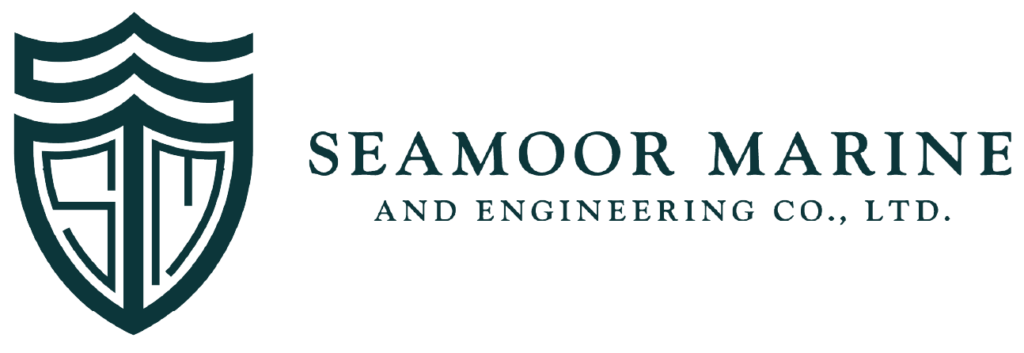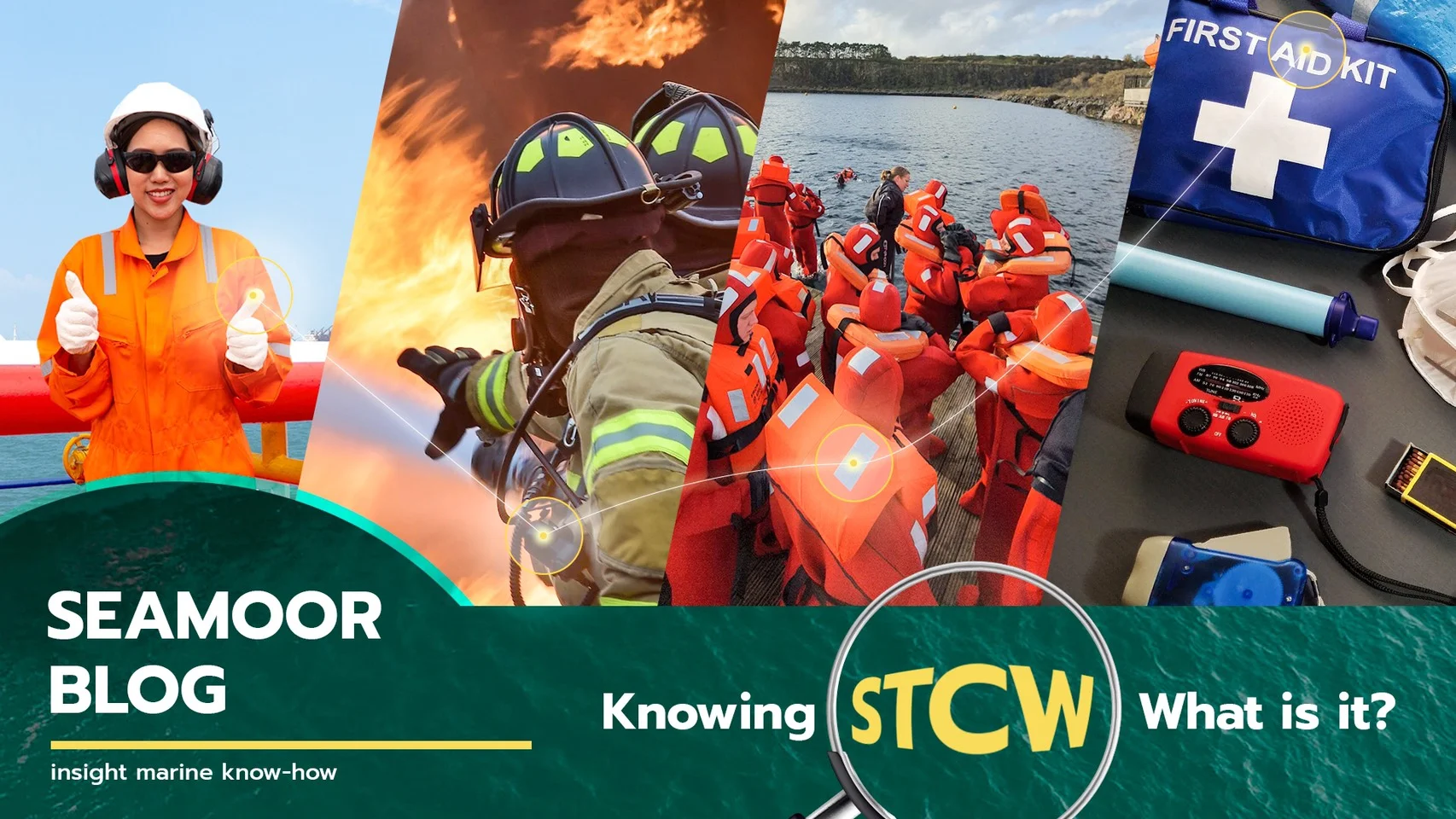Knowing STCW – What is it?
‘STCW’ or ‘Standards of Training, Certification and Watchkeeping for Seafarers’ is a set of minimum standards and requirements on training, certification and watchkeeping for seafarers. It is internationally accepted.
The standards are enforced by the International Maritime Organization (IMO). Countries involving sea activities are obliged to meet.
The Reasons Behind Its Creation
Countries have been engaged in the shipping industry. Before STCW was established, each country had its own set of rules and standards, but without reference to one another. This raised problems among seafarers, ships, and ports. Ships delayed in ports. There were issues and disputes between nations because of the difference in enforcement of standards.
As the shipping industry continues to grow, IMO has adopted the 1978 STCW Convention since July 7, 1978 as worldwide minimum requirements for seafarers on international level. There followed by two major revisions and updates in 1995 and 2010. It ends confusion.
In addition, with adoption of STCW, risk of accidents on the ships is largely reduced, and efficiency in responding to any incident is increased. Safety is always the number-one purpose of STCW. It protects human lives, property, and environment.
Who needs STCW training?
It is mandatory for a person interested in working on commercial vessels that are over 24 metres long to obtain STCW certification before seeking employment. This is to ensure that after properly trained, seafarers have minimum skills competent to handle risk and face troubles at sea.
After 5 years, the STCW certification will expire. Seafarers require renewal to stay up to date with new information and equipment available to a ship.
- The basis courses of STCW
- Every seafarers of entry-level must train in these courses:
- Elementary First Aid
- Basic Fire Prevention and Fire Fighting
- Personal Safety and Social Responsibilities
- Personal Survival Techniques
- Proficiency in Security Awareness
To gain more information. Visit us on our Maritime Training Service.


